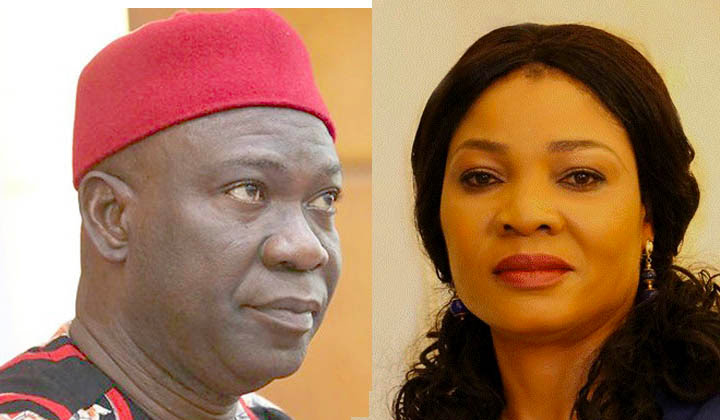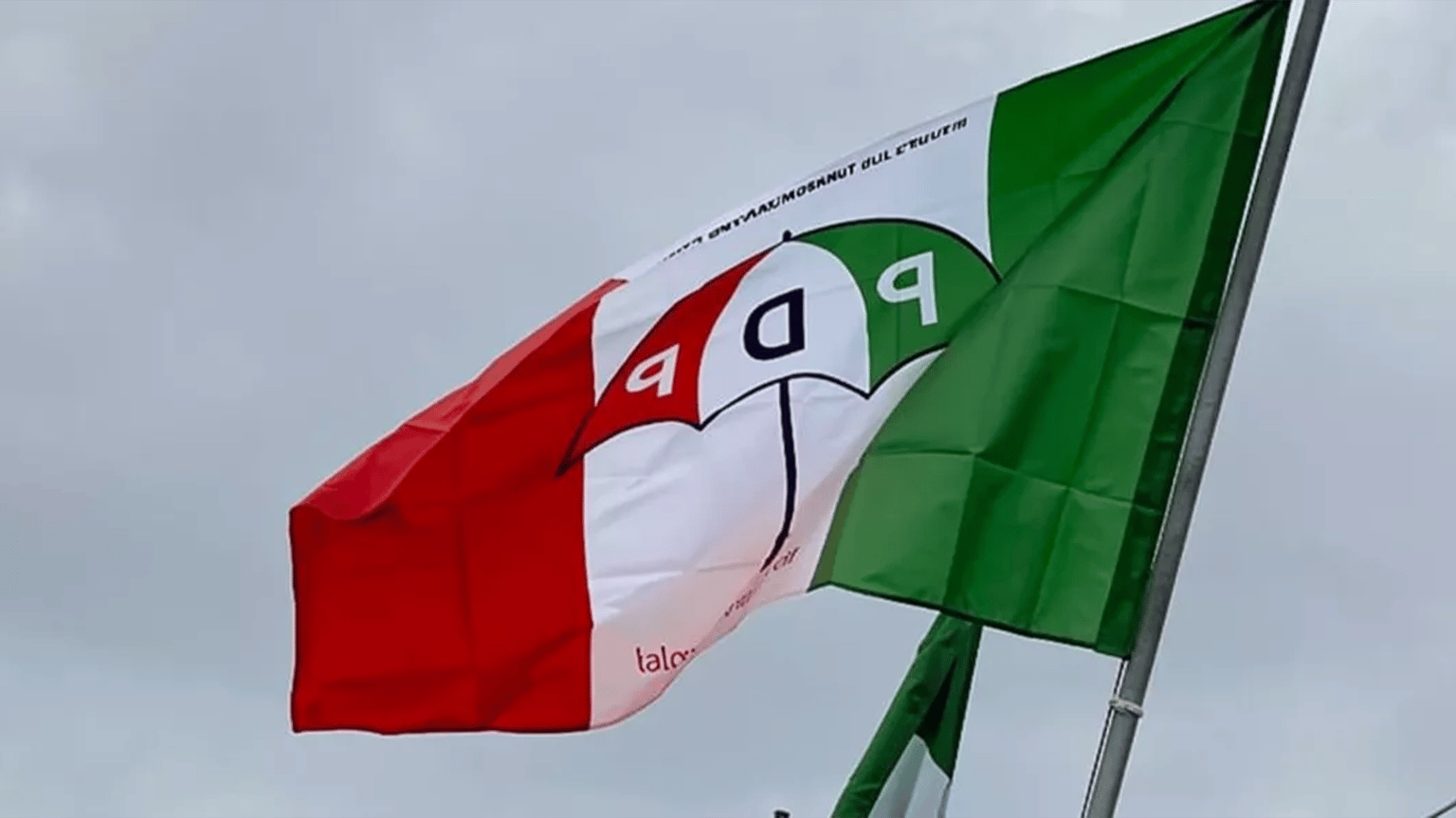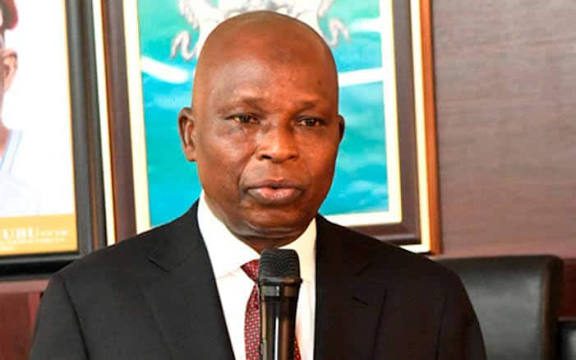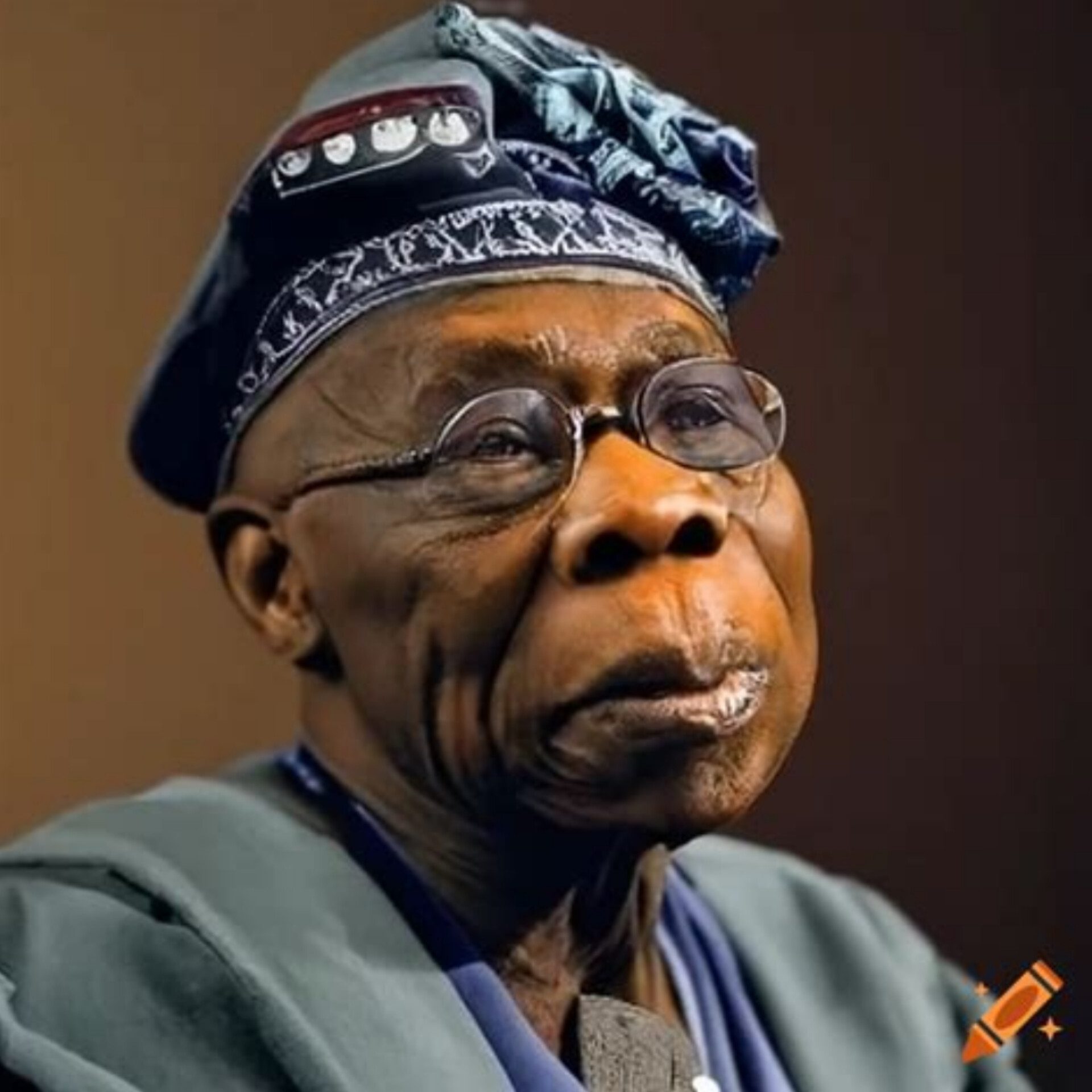The United Kingdom Court has convicted Nigeria’s former Deputy Senate President, Ike Ekweremadu, his wife, Beatrice, and doctor, of organ trafficking, in the first verdict of its kind under the Modern Slavery Act.
Ekweremadu, 60; his wife, Beatrice, 56; and Dr Obinna Obeta, 51, were found guilty of facilitating the travel of a young man to Britain with a view to his exploitation after a six-week trial at the Old Bailey.
They criminally conspired to bring the 21-year-old Lagos street trader to London to exploit him for his kidney, the jury found, according to UK Guardian.

The prosecutor Hugh Davies KC told the court the Ekweremadus and Obeta had treated the man and other potential donors as “disposable assets – spare parts for reward”. He said they entered an “emotionally cold commercial transaction” with the man.
The behaviour of Ekweremadu, a successful lawyer and founder of an anti-poverty charity who helped draw up Nigeria’s laws against organ trafficking, showed “entitlement, dishonesty and hypocrisy”, Davies told the jury.
He said Ekweremadu, who owns several properties and had a staff of 80, “agreed to reward someone for a kidney for his daughter – somebody in circumstances of poverty and from whom he distanced himself and made no inquiries, and with whom, for his own political protection, he wanted no direct contact”.
Davies added, “What he agreed to do was not simply expedient in the clinical interests of his daughter, Sonia, it was exploitation, it was criminal. It is no defence to say he acted out of love for his daughter. Her clinical needs cannot come at the expense of the exploitation of somebody in poverty.”
Ekweremadu, who denied the charge, told the court he was the victim of a scam. Obeta, who also denied the charge, claimed the man was not offered a reward for his kidney and was acting altruistically. Beatrice denied any knowledge of the alleged conspiracy. Sonia did not give evidence.
The judge, Mr Justice Jeremy Johnson, will pass sentence at a later date.




